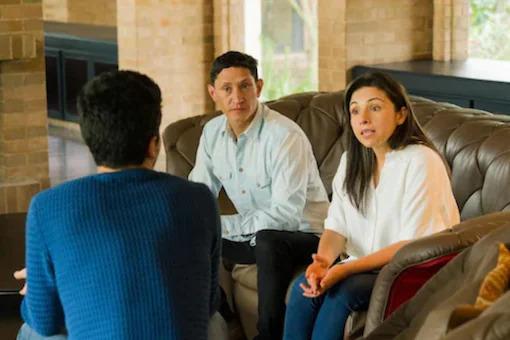Teenage is a transitional age of physical and psychological development and this is also the busiest period of life. Due to the busy routine of the day, teenagers get tired and angry about every little thing. And to show their anger they break their valuables or stop eating and drinking.
In such a situation, instead of seeing them getting angry or beating them, they should be explained calmly and parents should help them in their anger management. Otherwise, it would be very difficult for them to maintain relationships and grow in their careers. That’s why teenagers must be taught good anger management skills. Let us tell you about some useful ways that will help teenagers in their anger management.
Tell them to be expressive: Some children start speaking less when they reach adolescence. And due to this, their thoughts convert into their anger and burst out together when they get angry and they also become aggressive. Therefore, teaching children to speak for themselves will reduce their anger and aggression in their anger management.
Problem-solving trick: Children who do not know the tricks to solve their problems often deal with anger and aggression. From school to home, they seem to be taking out anger for not being able to solve his problems. So teach them problem-solving tricks and motivate them to get them out of anger and aggression.
Do not tolerate aggressive behaviour of children: It is very important to set some rules for the children in the house, you should not tolerate any ill and aggressive behaviour of the child. Instead, you scolded them and explained with love if they crossed any limit.
Role Modeling: Teach your teen more about anger management with your behaviour rather than your words. A role model is an appropriate way to deal with the angry nature of a teen. Show the children the right way to talk about their inside angry feelings and how to express those feelings appropriately without any aggression.
Press Pause: If things get too heated and out of hand, strictly walk away. Tell the child to cool down and only then will you continue with the discussion further. This will help them analyse themselves and learn how to manage their anger.


